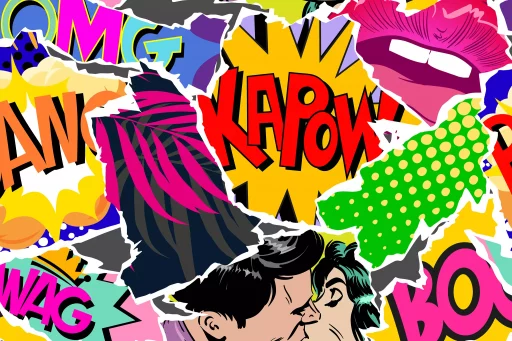Introduction to OG Slang
Slang terms evolve over time, influenced by culture, music, and social interactions. One such term that has made its way into the mainstream is “OG.” Originally an abbreviation for “Original Gangster,” it has transcended its roots in hip-hop culture to become a versatile term used in various contexts today.
The Origins of OG
To understand the meaning of OG, we must delve into its origins. The term was popularized in the 1990s by West Coast rappers, particularly in the gangsta rap scene. Numerous artists, including Ice-T and Dr. Dre, used the term to describe someone who is authentic, respected, and has been part of a group, often in a dangerous environment.
Meaning and Evolution of OG
While “Original Gangster” is the primary definition, over the years, OG has come to symbolize more than just street credibility. It often denotes someone who is experienced or excels in a particular field. In this broader context, OG can mean:
- Expert: Someone who has mastery in a specific area.
- Innovator: A person who paves the way for others.
- Respected Figure: Someone revered in social circles or communities.
OG in Popular Culture
The term OG has permeated various aspects of popular culture, from music to film and even social media. Its usage spans generational divides, allowing it to maintain relevance across different demographics.
Music
In hip-hop, artists frequently use OG to elevate their status. For instance, Snoop Dogg, often referred to as an OG in the industry, embodies the qualities of an original gangster through his longevity and influence. The song “OG” by Ty Dolla $ign further illustrates how contemporary artists have embraced the label to signify authenticity.
Film and Television
TV shows and movies have also picked up on the term. For example, the series “Orange Is the New Black” features a character named “Nicky” who refers to her ex-girlfriend as “the OG” of their prison community, showcasing the country’s evolution of the term.
Case Studies: OG in the Real World
Beyond entertainment, the term OG has real-world applications. Here we explore some case studies where OG has been used to recognize excellence and authenticity.
Case Study 1: Social Activism
In social activism, individuals often reference older activists as OGs, recognizing their contributions and sacrifices. For example, civil rights leaders like Jesse Jackson are referred to as OGs in activism, serving as role models for younger generations.
Case Study 2: Sports
In sports, the term is often used to describe athletes who have changed the game. For instance, basketball legends like Michael Jordan and Kobe Bryant are often called OGs for their pioneering influence on the NBA and sports culture at large.
Statistics on Usage
A social media analysis conducted in 2023 revealed the following statistics regarding the usage of the term OG:
- Hip-Hop Lyrics: 25% of hip-hop songs in the top 100 charts feature the term OG.
- Social Media Posts: Hashtag #OG has been used over 5 million times across platforms like Instagram and Twitter.
- Mentions in News Articles: The term has seen a 50% increase in mentions over the past five years.
Conclusion
OG is more than just street slang; it represents a rich cultural history rooted in authenticity, respect, and mastery. As language continues to evolve, so will the interpretations and applications of terms like OG. Understanding this term’s versatility allows us to appreciate its impact across various domains.





